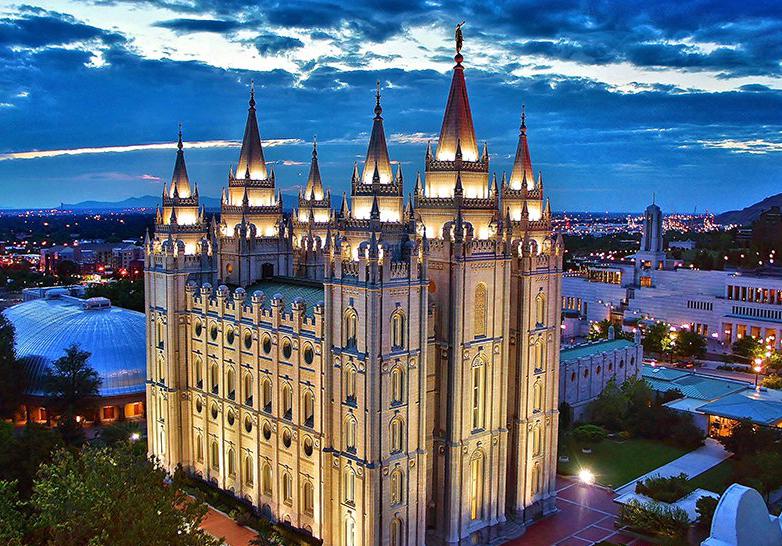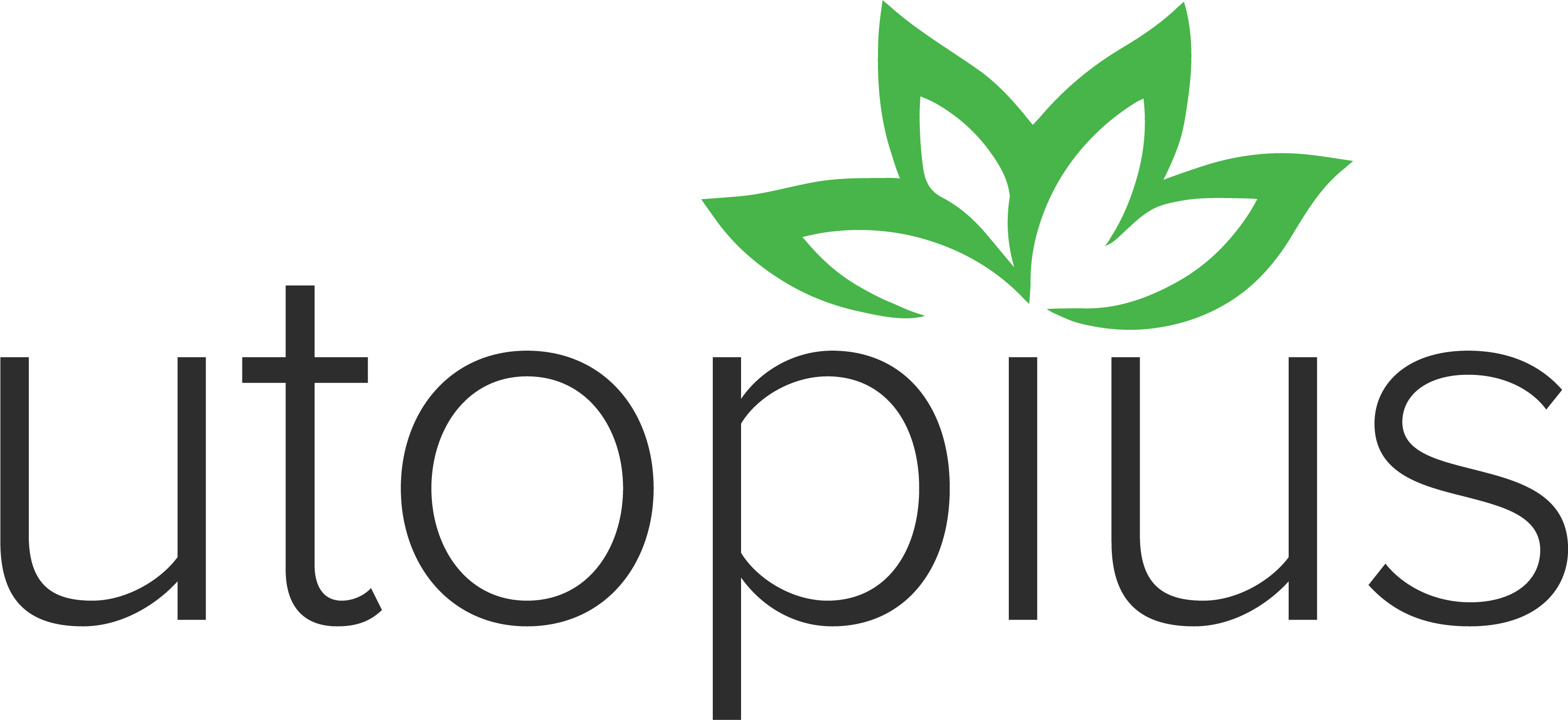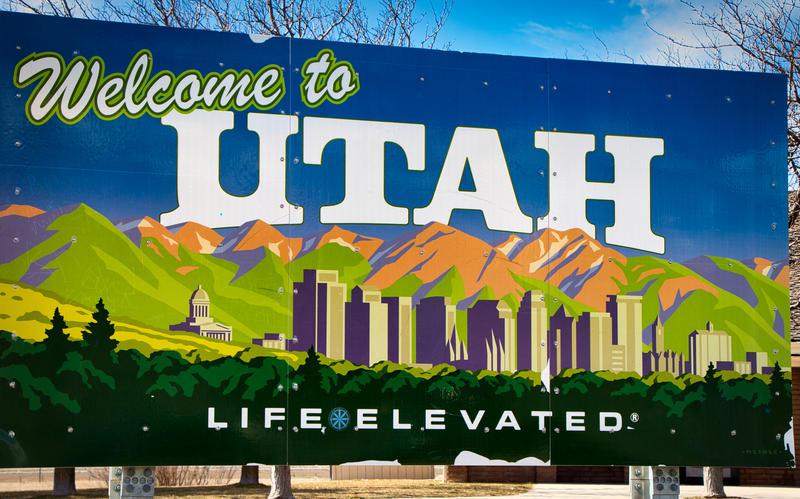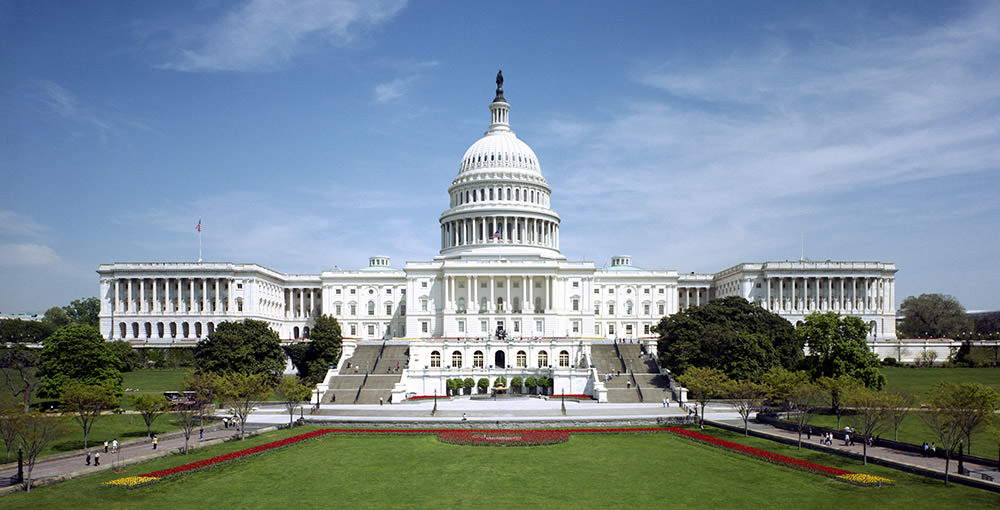
“And again, verily I say unto you, all wholesome herbs God hath ordained for the constitution, nature, and use of man” D&C 89:10
We know, this is a strange topic for a company blog. Although most people will have no clue what the title is even referencing it’s likely that you are aware of the Mormon religion and some of their peculiar teachings. Our business is actually located near Salt lake City, Utah, which is also where the Church of Jesus Christ of Latter-Day Saints is headquartered. And since many of the residents of this state identify as members of the LDS church, it felt like a worthwhile subject. If you found this post it is likely that you had some particular questions. Let’s see if we can get some answers.
History of the Word of Wisdom
Considered as a ‘code of health’ by members of the LDS faith, the Word of Wisdom is the name given to a section of the Doctrine & Covenants which was written by the church’s founder, Joseph Smith in 1833. In the text of the 89th section of the book, the use of “strong drink” and wine are discouraged as well as tobacco, hot drinks and the use of meat more than sparingly. Although not typically focused on as much, the text also encourages the use of fruits, grains and herbs. By living in accordance with these suggestions those that adhere are promised health and wisdom.
When it was originally written members were not required to live this principle but merely encouraged to do so. In the early 1900’s it began to be more required and by 1921 adherence was officially a prerequisite for baptism and admittance into the church’s temples which are considered sacred buildings. Over the past two centuries church leader have found it necessary to update the teachings in the original text. The general recommendation of avoiding harmful and illegal drugs has been included in more recent years and even updated to include vaping and other clarifications as recent as 2019.
What does the Word of Wisdom have to do with CBD?
With the recent popularity of cannabis for medicinal purposes as well as ongoing changes to legality in many states, the word of wisdom landscape has become more difficult to navigate for church members. The introduction of legal hemp products has added to the confusion. The stigma and controversy surrounding cannabis as well as the fear of disobeying church teaching has made church members averse to trying these products. So where would CBD stand with church teachings and can members seek its benefits while remaining in good standing?
What is CBD?
Cannabidiol or CBD is a chemical compound found in the cannabis plant called a cannabinoid. There are in fact over 100 known cannabinoids found in the plant with the two most popular being CBD and THC. THC, or tetrahydrocannabinol is what produces the psychoactive effects the plant is known for. While CBD has been shown to have side effects, none have been shown to produce any kind of “high”. They do however interact with the bodies endocannabinoid system which although still being researched, may be involved in regulating physiological and cognitive functions. Some of these include immune activity, appetite, mood, memory and pain sensation. The ability to get these benefits without the “high” typically associated with cannabis has led to the surge in popularity of CBD products.
There is another distinction to be made however. Most CBD products are derived from hemp, which is a strain of cannabis that has been cultivated for specific purposes. In order for the plant to be classified as hemp it can only contain trace amounts of THC, less than .3% specifically. The fact that there is still some THC in the plant has raised questions about product legality until hemp was made legal in the 2018 US Farm Bill. These legal questions along with its association with cannabis have perpetuated concerns around usage and the word of wisdom.
What does the LDS Church say?
Let’s look into more recent church announcements and see if we can decipher wether or not these products can or should be used in accordance with the word of wisdom. As mentioned earlier, the church leadership made some clarifications recently about some of these more modern issues. In a letter written to church members in the state of Utah, church leaders made this statement regarding it’s view on medical marijuana:
“we do not object to marijuana derivatives being used in medicinal form—so long as appropriate controls and safeguards are in place to ensure vulnerable populations are protected and access is limited to truly medicinal purposes”
So we see that the church leadership is okay with use for genuine medical needs. This doesn’t exactly address their views on hemp derived products so we may need to dig a bit deeper.
In February of 2016 the Utah senate passed senate bill SB 89. In response to this bill the church offered the following statement:
“While we are not in a position to evaluate specific medical claims, the Church understands that there are some individuals who may benefit from the medical use of compounds found in marijuana. For that reason, although the Church opposes SB 73, it has raised no objection to SB 89.”
This senate bill approved access to cannabis in the cannabidiol (CBD) form. So there you have it. Without having to read between the lines we can see that the church has not advised against the use of CBD in the word of wisdom. Members will not have to worry about their standing in the church if they decide to try CBD products to address certain physical ailments.
Where do I start?
So if you are one of those LDS church members curious about trying CBD oil in any of its forms where should you start? With the rise in popularity there are CBD companies everywhere and that can make finding a good product a little intimidating. First you’ll want to find a trustworthy company. At the minimum you’ll want to look for a company that posts third party lab tests. Unfortunately many products claiming to contain CBD have been shown to be less than advertised. By looking at lab test you can at least feel confident you are getting what you paid for and they are potentially safe to consume. Also be aware that there are a variety of products available. Full spectrum and Isolate (THC Free) products are a couple you’ll come across. Read our blog post on these to become more familiar with what they are. You’ll find it here.
In this new unregulated market, product safety and potency should be your primary concerns. We have done our part to provide products that address these issues and are happy to answer any questions you have. Anything else regarding the LDS church and its policies should be directed towards local church leaders and official church statements.




2 Comments
Tammie
April 30, 2020Thank you. This article is informative and educational. Took some guts to go there. I, for one, am grateful for your help.
Peter
December 13, 2020The church issued an official statement on this topic. I don’t think this article reflects the church’s position. Here it is. Decide for yourself.
“Vaping, Coffee, Tea, and Marijuana,” New Era, Aug. 2019, 28.
Vaping, Coffee, Tea, and Marijuana
Let’s clear up a few items that young people today may be confused about when it comes to the Word of Wisdom….
Marijuana, Opioids
Marijuana may be legal for medicinal or even recreational use in a lot of places now, but that doesn’t mean that any use is suddenly not against the Word of Wisdom. Medical uses are being studied, but just like many pain medications such as opioids, marijuana is an addictive substance. Such habit-forming substances should be avoided except under the care of a competent physician, and then used only as prescribed.